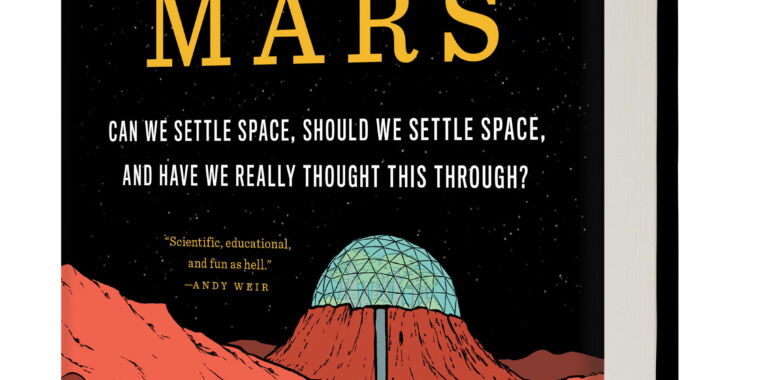- cross-posted to:
- technology@lemmy.world
- cross-posted to:
- technology@lemmy.world
Let’s not send a few thousand people to Mars as a big experiment in survival.
The authors of the book in the article, Kelly and Zach Weinersmith, were also on an episode of Factually. Between this article and that episode, I’m pretty down on any cool scifi future in space.



We’re already entrusting the safety of ourselves and everyone else on this planet to governments and corporations, every day. This particular concept doesn’t inherently carry more risk than, say, the keeping and storing of nuclear weapons all over the planet or research into biological warfare conducted by just about every country - in fact, the risks of asteroid harvesting could (and very likely would) be far less than those things.
One thing to make clear - “near Earth orbit” does NOT mean “low Earth orbit”. Near Earth can imply a Lagrange point, lunar orbit, cycler orbit, etc. There are many ways to store something like a large asteroid in a way that would be just as safe as having a natural satellite (the moon) or having nothing there at all, so this is not really a limiting factor. There is a vanishingly small chance that a captured asteroid would hit Earth - that’s simply just extremely unlikely unless you were trying to do it on purpose. That’s a whole other topic - kinetic bombardment may be a real problem in the future, especially if we don’t pursue space infrastructure while another nation / group does. But you wouldn’t need big asteroids for that - something the size of a city block would do just fine.
So, who will do the asteroid wrangling first? Probably SpaceX, Blue Origin, NASA, or some other space agency or nation which emerges as a power in space over the coming century. I don’t think this is actually a very important question overall and especially right now, since we don’t have any real space infrastructure to speak of at the moment. There is also nothing illegal about doing it - anyone could capture an asteroid and return it to orbit the Earth, right now. Except if they do that (actually insert it into Earth’s orbit), it would fall under the same classification as the Moon and would become the property of all humanity. This is why such an asteroid would likely not orbit the Earth itself - maybe the Moon or another close point we can easily access.
But, one thing is certain - someone (yes, that terrifying unknown) is going to do it. Even if it’s just for mining purposes, as long as we continue to advance as a species, we’ll be moving big rocks around the system eventually. This idea may seem outlandish to someone who hasn’t considered it, but the truth is that we have the tech to do it right now, it’s not that complex, and there are less risks than projects we’re already doing now.